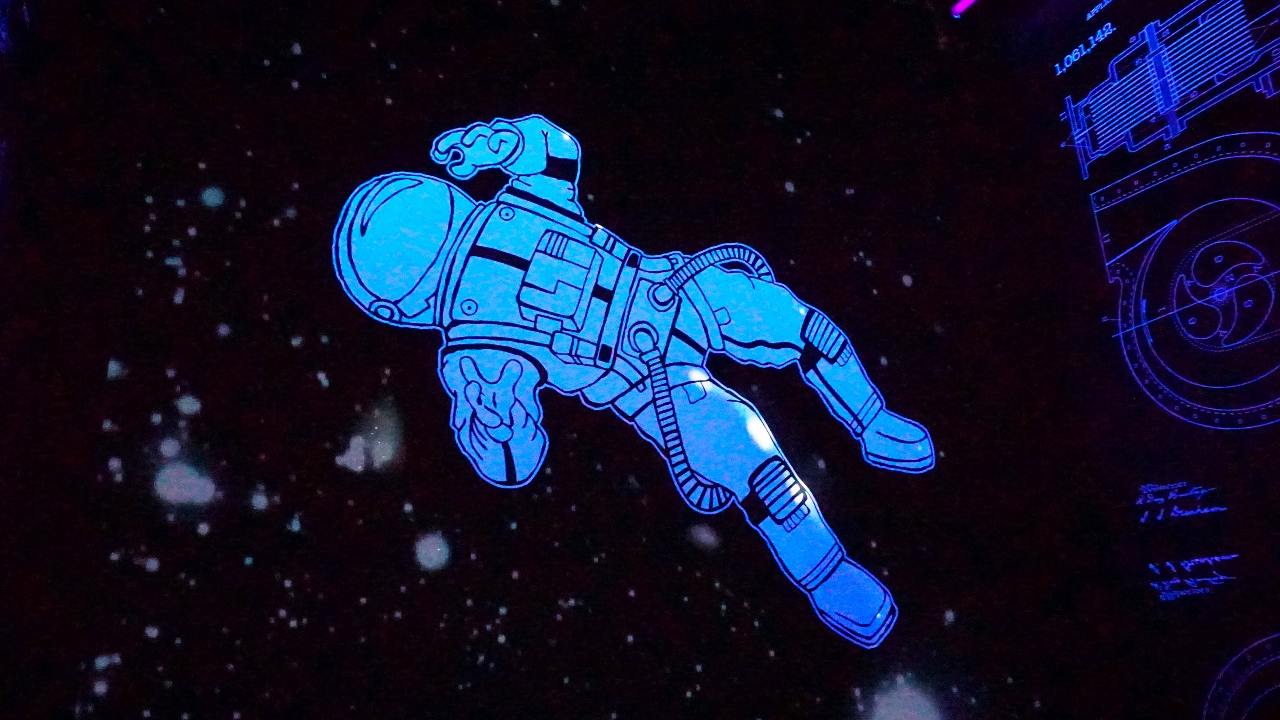NASA develops technique for predicting space radiation exposure in future missions- Technology News, Firstpost
FP TrendingAug 24, 2021 13:10:08 IST
The National Aeronautics and Space Administration (NASA) has announced that it is developing capabilities at the International Space Station (ISS) to lessen the “risks of the hazards of spaceflight and protect astronauts from space radiation”. The agency is using the ISS to predict space radiation exposure for future missions.

Scientists hope the research will help them mitigate the effects that astronauts develop from radiation exposure.
The study, which was published in the journal Nature, demonstrates how an astronaut’s DNA can be sensitive to radiation exposure on Earth, which in turn can predict their DNA’s response during spaceflight. The response would be measured by the changes in the DNA’s chromosomes.
Why is the study important?
The study has lasting implications for the future. Future space explorations would not be possible without the astronauts being increasingly exposed to space radiation.
The radiation is emitted from three sources. These include particles trapped in the Earth’s magnetic field, galactic cosmic rays that have their origin outside our solar system, and particles released from solar flares.
Increased exposure to space radiation can cause cancer, as well as other health issues. The heart, arteries, and even the central nervous system can be adversely affected. It can also result in degenerative diseases such as osteoporosis and Alzheimer’s.
What are the findings of the study?
Studying the chromosome changes in both younger and older crew members at the ISS, the study found that older astronauts are more susceptible to long-term health issues from the radiation.
What have scientists said about the study?
Scientists hope the research will help them mitigate the effects that astronauts develop from radiation exposure. It will also benefit future space missions as scientists can decide which astronauts to send on a specific mission based on the changes in their chromosomes.
Honglu Wu, the senior scientist at NASA’s Johnson Space Center in Houston, said that the study will help know which astronauts are more at risk. He added that when planning a mission to Mars, the agency would have selected an older candidate in most cases. The new research has indicated that “we should study the age effects of radiation exposure more”.
For all the latest Technology News Click Here
For the latest news and updates, follow us on Google News.
